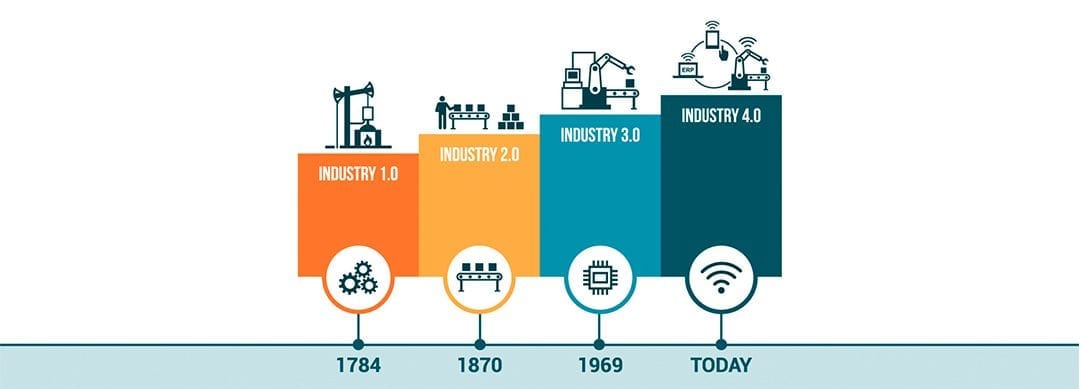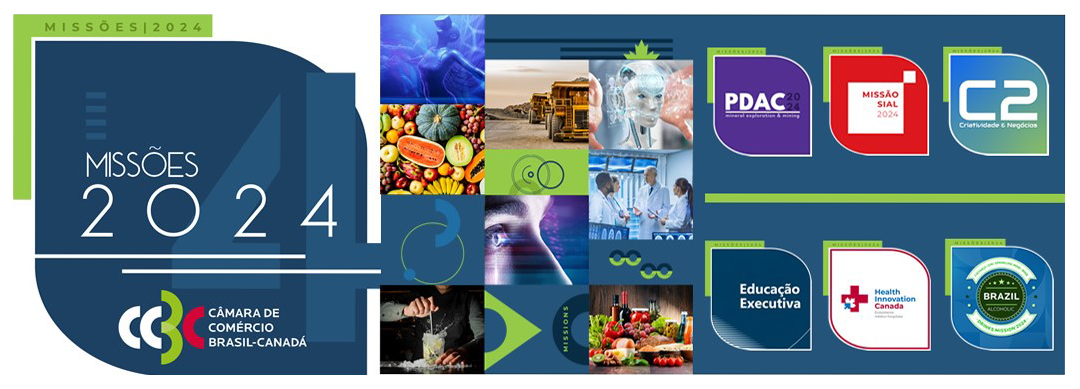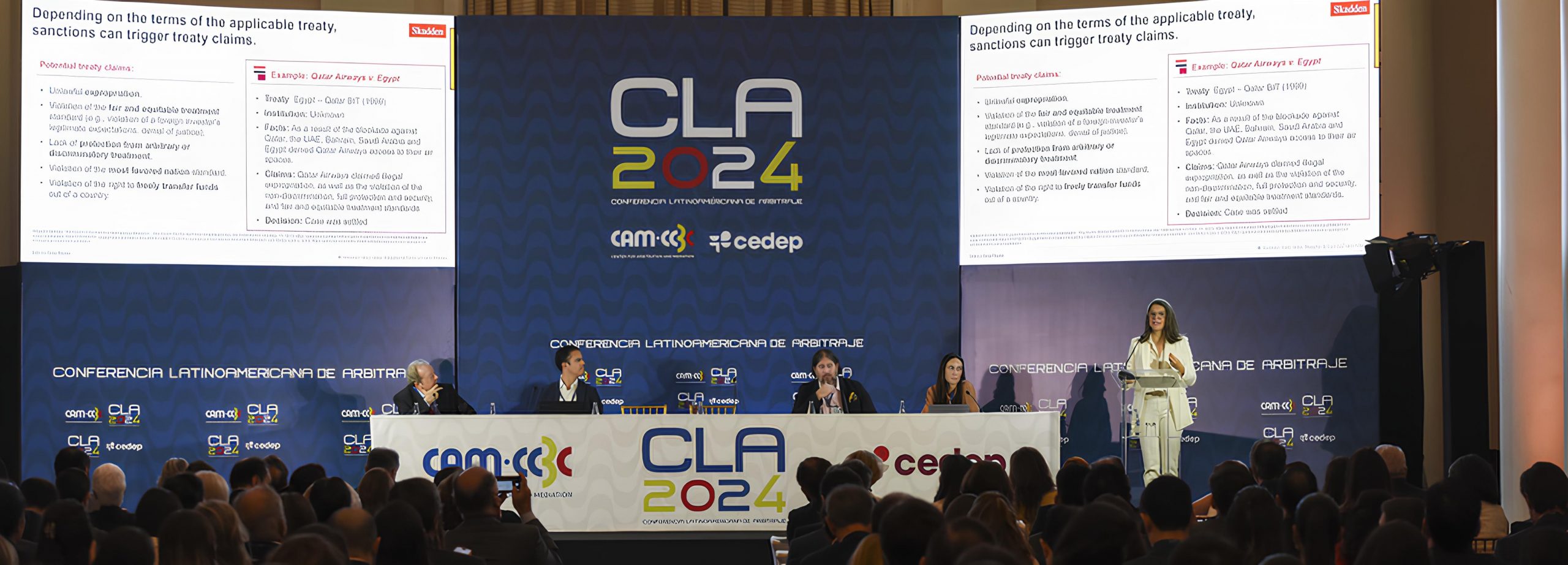Digital transformations irreversibly change people’s relationships with products and services, and require companies to quickly adapt
By Sérgio Siscaro
For some years now, the world has seen a series of fundamental changes that have significantly changed people’s daily lives and their relationship with products and services. The digital transformation process, which is present through the Internet of Things (IoT), in the advances of Artificial Intelligence, in 3D printers, in cloud computing or in the massive availability of applications on smartphones, is the most visible aspect of a process that has been characterized as the fourth industrial revolution – or as “Industry 4.0”. This new reality and how economies around the planet should prepare for it were the subject of discussions once again during the 50th edition of the World Economic Forum, in Davos (Switzerland), at the end of January.
In his classic book The Fourth Industrial Revolution, Professor Klaus Schwab, founder and executive chairman of the Forum, says that today we see profound changes in all industries, marked by the emergence of new business models, the disruption of traditional processes and the introduction of new ways of producing, consuming, transporting and delivering goods and services. The speed, depth and impact of changes would make them more than just a modernization of existing technologies.
Healthy and sustainable economies in their growth need to be attentive to all this movement, providing conditions for the full development of the business. This scenario has also been constantly debated in the scope of Brazil-Canada relations, in several events promoted by the Chamber of Commerce Brazil-Canada (CCBC) with its associates, such as, for example, in the consistent attendance in the last editions of São Paulo Tech Week, the largest event in the sector in Latin America.
New business model
For the managing partner of Opus Software, Edison Audi Kalaf, the current business environment needs to contemplate a series of different conditions at an increasingly agile pace, in one of the most visible aspects of the Industry 4.0 revolution. “Today there is a need, no longer for goods, but for services. A clear example is individual transport: people stop seeing car ownership as indispensable when using apps like Uber. This digital transformation has been going on for decades, but the speed of this process in recent years has been much greater ”, he says.
The consequences of rapid changes have been analyzed by several international consultancies and organizations. McKinsey believes that half of today’s jobs will be lost due to increased industrial automation. For the World Economic Forum, 42% of the skills needed to meet current labor market demands will change substantially by 2022.
The data is an alert and Kalaf is adamant: companies that do not adapt to this “brave new world” will be left behind. “The adoption of new technologies brings challenges and opportunities,” he says. The point, according to him, is that the old model of developing business platforms on the Internet – which merely produced value for its consumers – has changed. “With the digital transformation, consumers see the world differently. Emotional engagement has become essential, as it allows for personalizing the offer of the good or service. In addition, the value of digital business platforms is no longer necessarily in their core business, but in this gigantic database of their consumers that they collect”, he concluded.
Canada, where Opus Software is present today with an office in Toronto, is a country with a very promising market in this changing scenario, in the executive’s analysis. “It is a stable market, in which politics does not interfere in the economy,” he says. In fact, the country has been seeking to adapt to this new scenario by launching a series of initiatives in this regard. One of them is Next Generation Manufacturing Canada (NGen), aimed at promoting the adaptation of the Canadian industry to technological changes.





